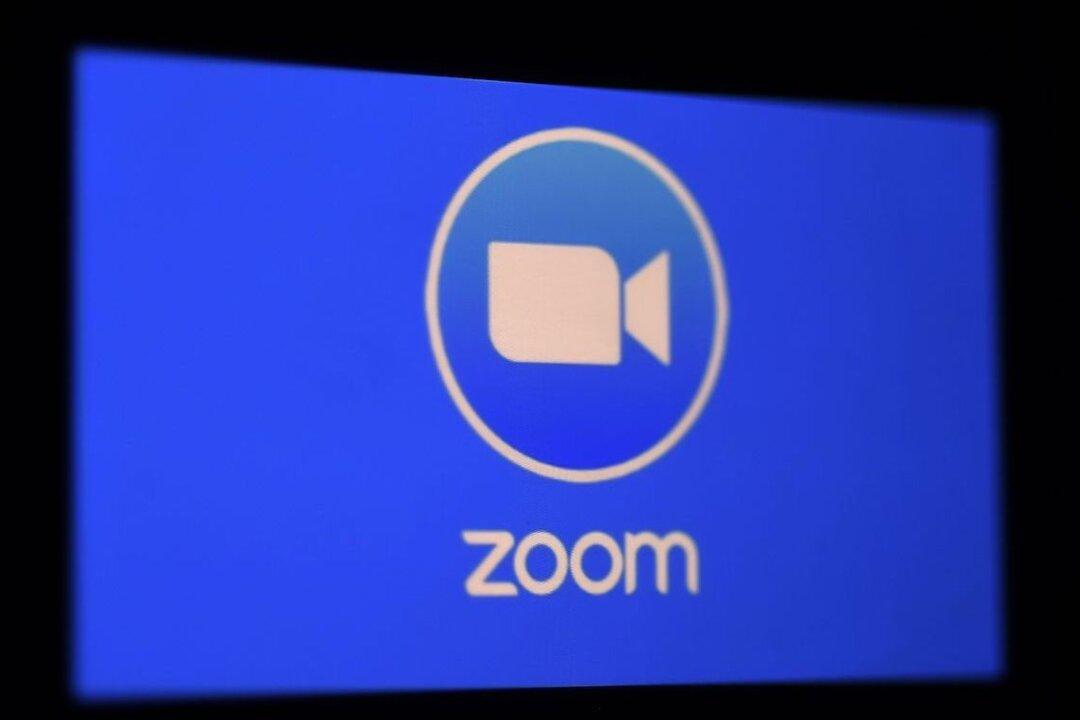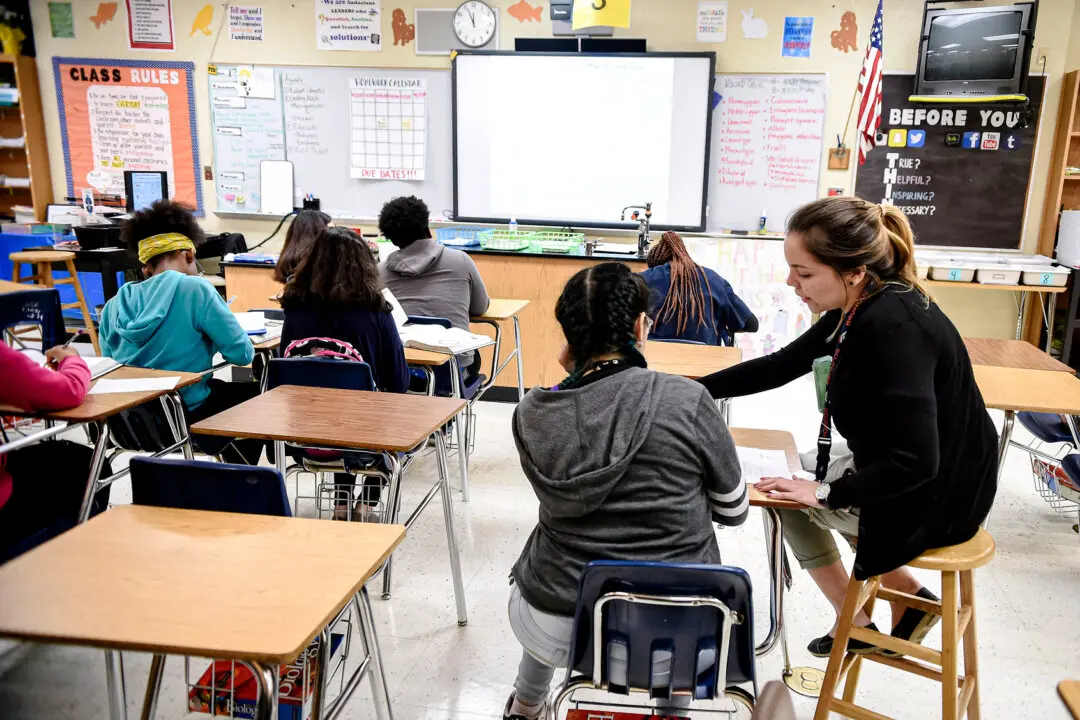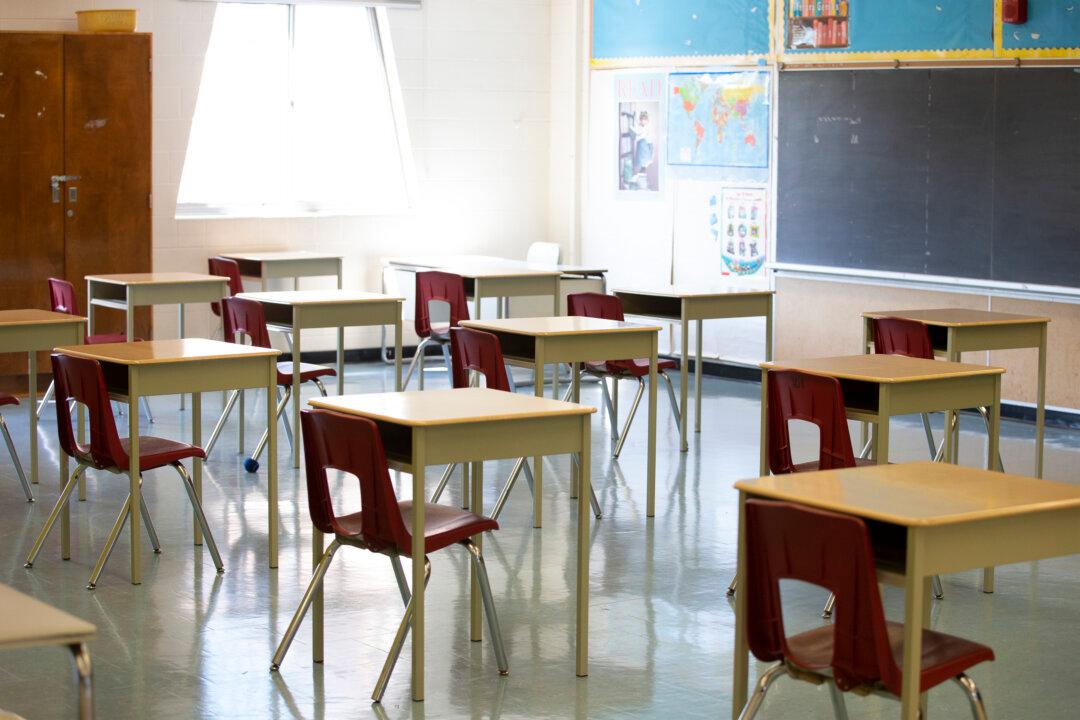Commentary
A teacher was recently making a scheduled presentation to the Waterloo Region District School Board. Before she could finish speaking, the board chair summarily cut her off. According to the chair, the teacher had violated the provincial human rights code and had to be stopped.





